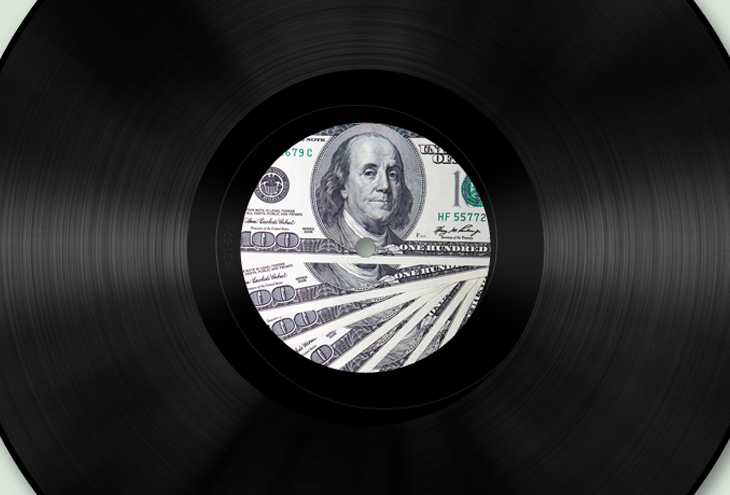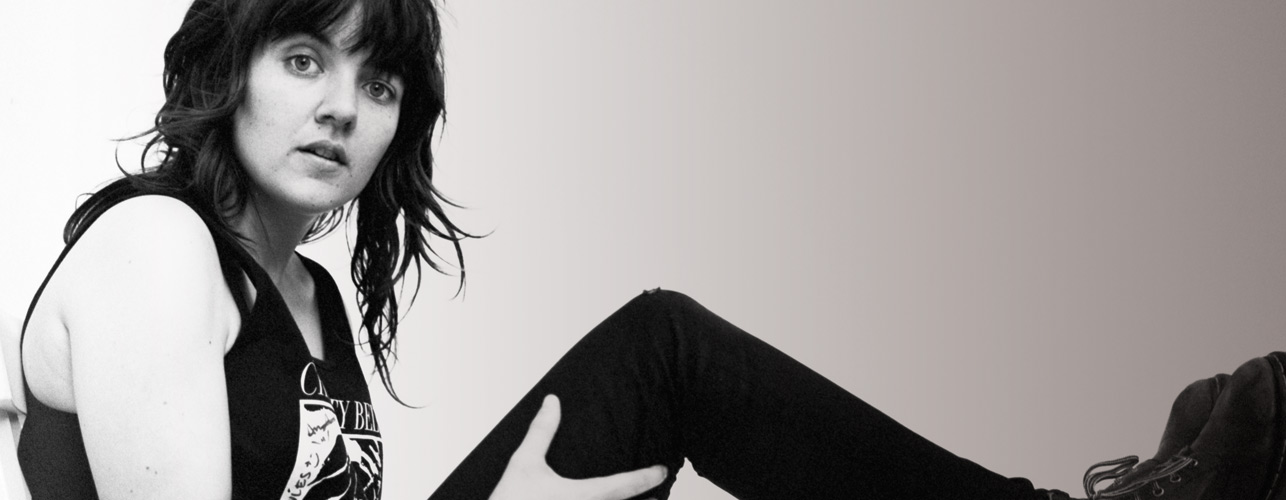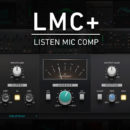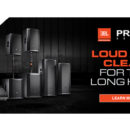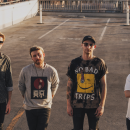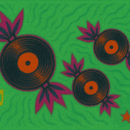You need gigs, yes, but what is your overall goal? To make money? Spread the word about you and your music? Or just to get up and entertain people? Whatever the reason, you need to decide on it and define it. Most importantly, you must develop and follow a strategy in order to get the kind of gigs you want, the ones that are going to help you to achieve your goals.
Why do you want the gig?
Simply going out and booking as many shows as possible is not really a viable strategy—it does not align itself with any goal. Every show you perform should aim to 1) impress the audience, 2) gain you new fans and 3) sell merchandise—and your strategy should incorporate these aims. So think carefully about any show offer or possible booking in context, beyond the initial excitement of actually having a show. Examine each show you book or get offered and ask yourself:
- What potential is there to build my audience?
- How much money will I spend on transport, rehearsing, flyers and equipment for the show?
- How much time will I need to take off from my day job?
- Which taste-makers may be there at the show?
- How much am I going to enjoy the show?
The last point is especially important. Always approach your initial shows as a way of testing the water of your music/musicianship and also as a way of having a good time. Play shows to entertain people, not to get signed. Artist managers, booking agents, bloggers and label people do not buy your music or pay to go your shows. Don’t get so hung up on trying to appeal to these taste-makers that you end up ignoring your potential fans. Yes, you may get noticed by an A&R scout, a music blogger or an artist manager, but please do not forget the people in the room—“ordinary” people who have paid for tickets and may also buy your T-shirts, CDs and subscribe to your website. Entertain people first, think of the “business” second.
You may feel that, although you can get shows in your hometown bars or clubs, you want to get to the “next level”—playing bigger and better shows or perhaps even going on a national tour. Apparently though, Bon Jovi had played 500 shows before “they broke into the big time.” And, however you define “the big time,” it is true that building your audience through live performance can take time. So, after each gig you play, you should ask yourself, “Am I consistently drawing a paying audience to my shows?”
You should never underestimate the importance of a consistent draw; solid audience numbers mean you are reaching people and entertaining them, and they want to come back for more. Concert promoters only want one thing—a guaranteed number of ticket sales for any given show. Can you honestly approach a promoter and say that you can guarantee X number of people at every show you do?
Concentrate on the ticket-selling potential and audience-pulling power of your act as part of your live performance strategy. This may mean a postponement of taking your shows to the “next level.” First build yourself up as a quality act, and the promoters and talent buyers at bigger venues will come to you. It is far better for your career to play two or three shows a month for six months and have 100 people turn up for every single show than it is to play one show in front of 2,000 people and then not play another show for six months. If your audience numbers are not growing (and perhaps even dwindling), then you are not capable of sustaining the interest of your existing audience, let alone a larger one. Remember your aims—you want to cause every person at every show to think, “I am going to the next show by this band, and I’ll bring all my friends to that same show and post about the band online to tell everyone how completely incredible they are, and I am going to buy their T-shirt and a CD, and download their music, get on their mailing list, go to their Facebook page and, and, and...”
That is why you should take a gig. And that gig may be in the same bar or club you have played at what seems like a thousand times. But playing the same bar a few times over is the best way to work on your show, work on your rapport, try things out and ultimately impress the audience, make new fans and sell more merchandise.
Getting the shows – some basic research
Okay, you have defined some goals and started on your strategy. The next step is to undertake some detailed research into the different types of venues in your town or state. Think hard about how your band is going to fit into the various venue environments—different venues are known to audiences as having a certain genre of music or audience type.
Your town may have a bar that books deep house DJs and electronic acts, for instance. There might also be a local House Of Blues type of venue that books alternative bands. Both are considered to be cool places to go and check out music, and each venue’s music booking policy attracts a certain audience type. The question is—will your band’s music be appropriate for the first venue or the second? Get this wrong and nobody will turn up and see you, even if you do get a booking. So, for instance, an alternative rock band based in New York should not try to get a gig at Birdland, the city’s famous jazz club, but would probably approach Arlene’s Grocery, which is a small alternative rock venue.
It may be harder to judge your appeal to audiences at out-of-town venues. So do some basic research—look at those venues’ website, Twitter feeds or even their local newspaper ads. Check out what other acts are playing in those out-of-town venues and what kinds of bands are being billed together. Ask your friends, your fans and other bands you know about their experiences performing at, or attending, a specific out-of-town venue. It is true that venues can get terrible reputations for a variety of reasons, but the only effect of these reputations, as far as you’re concerned, is that audiences may tend to stay away.
You should also bear in mind the size of the venue. It would obviously be great to play in a nice 2,000-seat theatre, especially if you are opening up for a national touring act. Remember, though, that it takes quite a long time for 2,000 audience members to physically get into a venue. Opening acts tend to go on stage just after the doors open, and by the time the audience actually decide to enter the gig, you may have already played and are out in the street, packing your van. So, be realistic and keep it small. Work out how many people are likely to show up for the show, halve that figure and book a gig to hold that number of people. You are better off with people standing in line to get in and the people inside being packed like sardines, than having your audience saying to their friends, “It was great, but there was nobody there.” Make your audience perceive that you are incredibly successful—and playing half-empty rooms is not the way to do that.
You should also be thinking of your audience as you do your venue research. This is probably the only time in your career when you will be able to think directly about the people paying to see you, and this consideration is an investment in the future; you need your audience, so take care of them. For instance, ask yourself how easy it is for your audience to get to the show. And, equally importantly, can they easily get home again? What kind of public transportation is there? Does the venue have lots of car parking? Is the venue in a relatively safe part of town? Is the beer cheap? Does the venue charge for tap water?

